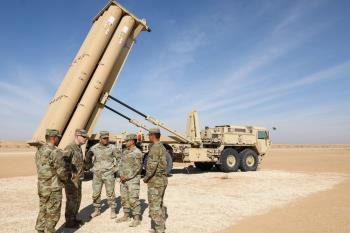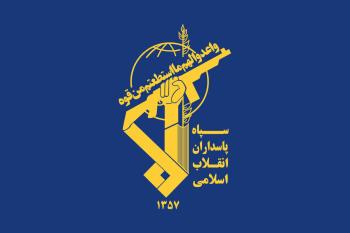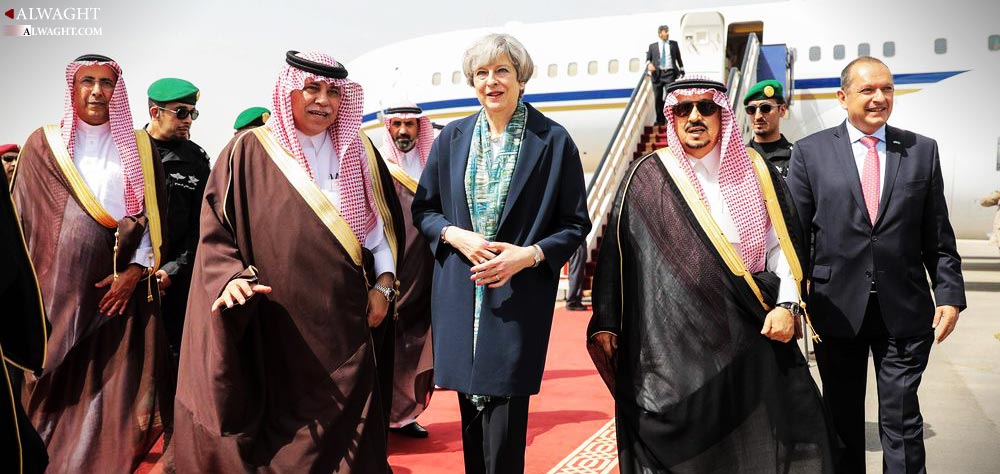Alwaght- British Prime Minister Theresa May began a trip on Monday to the West Asia to visit Jordan and then Saudi Arabia in a bid to re-accentuate the security bonds between London and the Arab countries. The official visit comes after the British leader travelled to the region in early December last year to take part in the (Persian) Gulf Cooperation Council meeting held in Bahrain.
The economic intentions, the analysts suggest, are also key drive behind the May's trip to the two Arab kingdoms, especially now that London has started the process to fully exit from the European Union. The withdrawal from the EU has moved the British leaders to boost security cooperation with non-European countries, while seeking new markets using the methods of the colonial Britain.
Once under the British colonization, the Persian Gulf Arab nations stand top targets for PM May’s influence expansion plan. The British leaders are optimistic that they can make the most of the current chaotic conditions to serve their interests.
Before her Jordan visit, the British PM had exploited the insecure regional atmosphere, saying that London will deploy military advisors to Amman to help the Jordanian air force target ISIS terrorists on its borders with Syria. For justification of strengthening military cooperation with Amman, May maintained the deployment came to make sure Britain will remain safe from the terror threats.
British PM's reference to the anti-British threats may be linked to the terror blasts that two months ago rocked London, sending the British officials into the spin on further possible attacks of this kind. The explosions provided Britain with appropriate excuse to follow long-term security objectives through expanding security collaboration with the regional countries, including Jordan and Saudi Arabia, and selling them with modern weapons under alleged aim of countering terrorist groups.
May visits Riyadh as next station of her trip, meaning to prepare the ground for massive British arms sales to Saudi Arabia, which stands as biggest London trade partner in West Asia region. The British PM has been under pressures recently to halt further arms deals with Saudi Arabia that has been internationally blamed for its crimes against Yemeni civilians during last two years. However, the international human rights organizations have failed to persuade London officials and weapons regularly stream to the Arab kingdom. Since launching the bombing campaign against Yemen in March 2015, Britain has sold over £3.3 billion ($4.1 billion) worth of arms to Saudi Arabia.
May’s repeated visits to the Persian Gulf Arab states come while their governments interpreted the Iranian nuclear deal reached in 2015 as a US shift from its pro-Arab protection strategy. Pessimism towards Washington was even added to as the new American President Donald Trump said that the US allies should pay for their protection by Washington, and that the White House no longer wants to make military spending in the region, something not found pleasing by the Arab leaders.
Along with the new American policy, the Western-promoted Iranophobic propaganda causes the (Persian) Gulf Cooperation Council to welcome relations boost with London in a series of fields.
The new conditions actually gave Britain the right scope to redefine and bolster its role in the Persian Gulf region especially that the American “pivot to the East” policy that was opened by the former President Barack Obama will continue at the time of the new administration. Trump eyes China as the economic archrival of the US. Although some voices in the US advise that Washington should avoid forces buildup in East Asia, it does not appear that the American leaders intend to withdraw from the region to give Beijing the opportunity to maneuver freely.
Therefore, the return of Britain– a trusted ally of the US– to the Persian Gulf aims at filling the vacuum of power that could follow partial departure from the region. PM May’s repeated visits to the region come as part of preparations for the role replacement. So in the near future, arms race is expected to compound the security riddle in the region, something that will prompt flow of British weapons to the Arab countries of the Persian Gulf.
The published figures suggest that Britain holds 12 percent of the global arms market, with two thirds of its exports going to the West Asia. Among the regional countries, the Persian Gulf Arab states are the biggest purchasers of British weapons. Britain in past two years signed arms deals with the UAE, Qatar, Oman, Bahrain, respectively worth £388 million, £170 million, £120 million, and £24 million. The statistics also add that Riyadh, as a biggest buyer of British military products, has bought £3.5 billion ($4.3 billion) worth of weapons from London since the beginning of 2015.
It seems that the British PM will once again trigger the Iranophobic propaganda while visiting Jordan and Saudi Arabia to sell more arms to the regional governments. The “divide and rule” policy of Britain, which comes on behalf of Washington and seeks the London interests, has presented a new divisive tool since 1979, sowing division between the regional countries and darkening the human development outlooks for the authoritarian Arab countries. Amid such atmosphere, the hopes for de-escalation and reaching a collective security accord in the region largely diminish. In fact, the British plans for a comprehensive return to the Persian Gulf herald that a new era of chaos is in the making in the region.



























